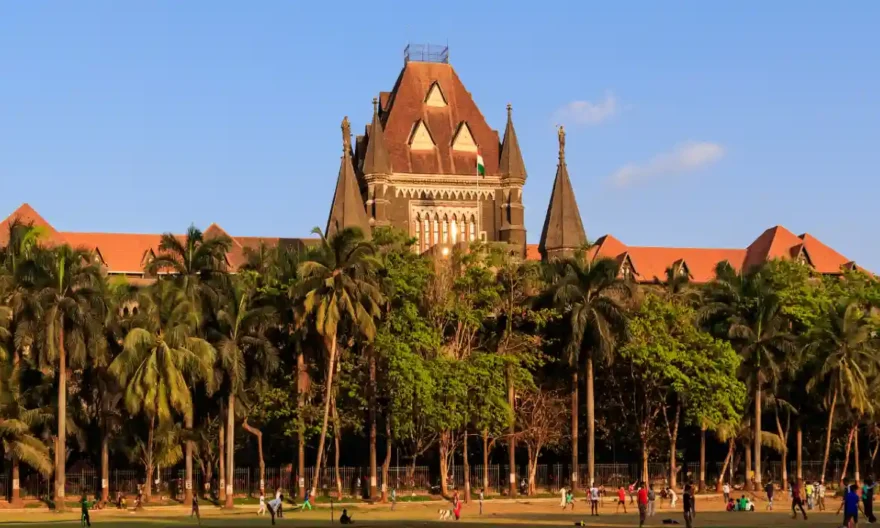
The Bombay High Court recently held that mere incurrence of additional costs would not be a valid reason to avoid rehabilitating 100 year old stormwater arch sewers in Mumbai during heavy monsoon season.
A division bench of Chief Justice SV Gangapurwala and Justice Sandeel V Marne was hearing a petition filed by Gypsum Structural India Pvt. Ltd., aggrieved by the decision of the Municipal Corporation in choosing ‘geopolymer Lining Trenchness Technology’ (geopolymer technology) for the execution of the work of the rehabilitation of 100 year old stormwater arch drains.
The bench observed that using the most advanced technology to rehabilitate Mumbai’s stormwater arch sewers is essential.
“Storm water arch drains which are sought to be rehabilitated are more than 100 years old. Mumbai receives heavy monsoon every year and the use of the best possible technology for proper rehabilitation and maintenance of storm water arch drains would be of paramount importance. Mere incurring of extra cost over other available technology would not be a valid reason to eschew the better technology,” the bench stated.
It was argued that GeoTree Solutions, an American company that developed the GeoSpray-Geopolymer brand, has a monopoly in the use of geopolymer technology and that the bidding process was designed to favor respondents because bidders procuring only its GeoSpray Geopolymer technology would be eligible to bid in the tender process.
The petitioner attended pre-bid meetings but did not submit a bid. It was opposed to the sole use of geopolymer technology. BMC moved forward with the tender process, opening the technical and financial proposals. As a result, the petitioner filed the current writ petition, requesting that the bid procedure be terminated.
Senior Advocate for Municipal Corporation questioned the petitioner’s locus standi because the company did not submit a bid in response to the tender process. It was argued that the work undertaken by MCGM was critical and needed to be completed and started before the monsoon season began.
It was also claimed that the petition’s prayers were worded in such a way that the use of geopolymer technology for work execution would be completely avoided.
The court determined that the employer was the best judge to determine the exact technology to be used for the job’s execution.
“In tender and contractual matters, the scope of interference by courts is in a narrow compass. In examining challenges in tender matters, this court would be concerned more about adherence to the procedure. Unless arbitrariness, irrationality or bias is demonstrated, this court would not interfere in tender matters. It is also equally well settled that the tendering authority is the best judge to determine the tender conditions. This court would not sit as an appellate authority over the tender conditions prescribed by the tendering authority,” the bench noted.
The court stated that the tender process for the execution of work of public importance cannot be interfered with based on suppositions and conjectures.
The court noted that the petitioner company disclosed the existence of GeoKrete, an additional geopolymer trenchless technology brand. As a result, the court rejected GeoSpray’s claim that it has a monopoly on the use of geopolymer trenchless technology.
The court stated that bidders are free to obtain geopolymer technology from any available source.
“In the present case, we would not interfere with MCGM’s opinion that geopolymer trenchless technology would be the best possible technology to be used for work execution,” the division bench stated.
The court ruled that because the petitioner did not submit a proposal, he was a stranger to the bidding process and could not challenge it. The court pointed out that he could have obtained geopolymer trenchless technology from readily available sources and participated in the bidding process, but they did not.




